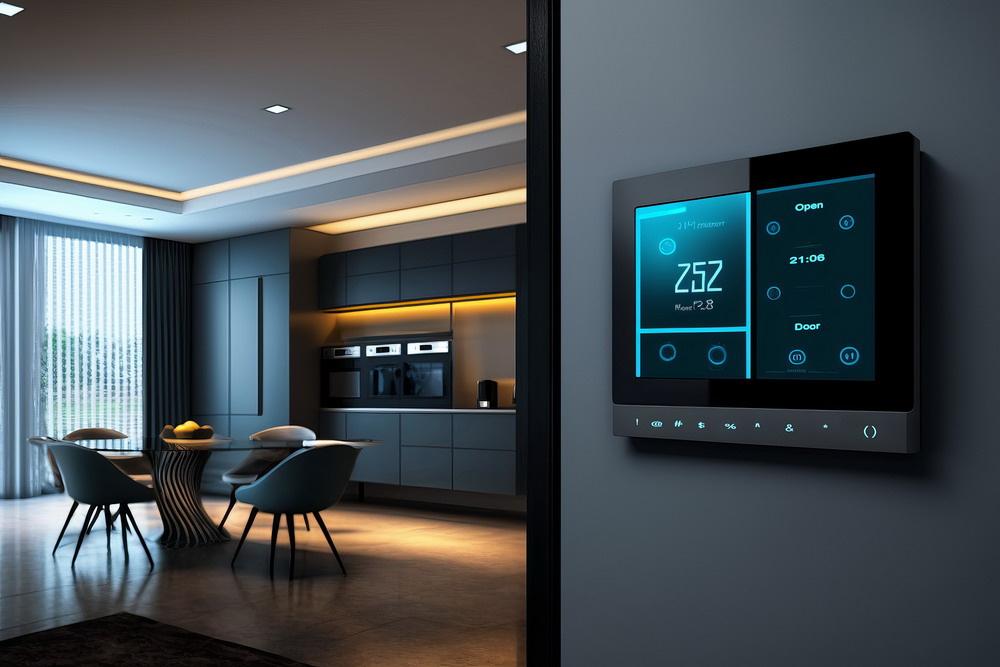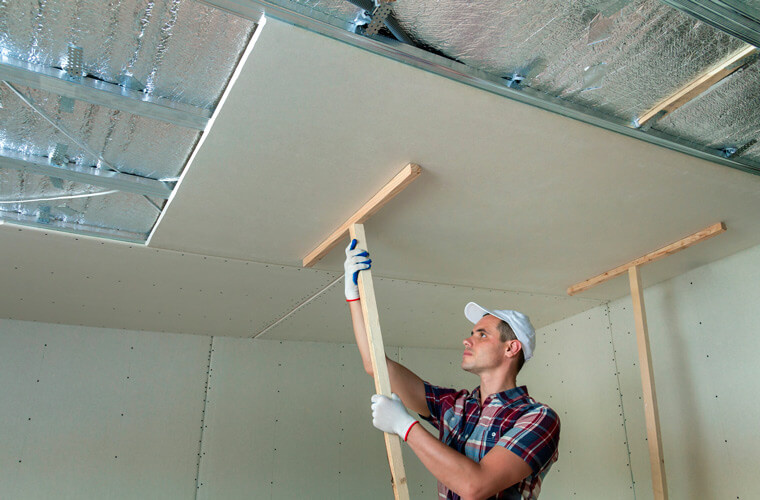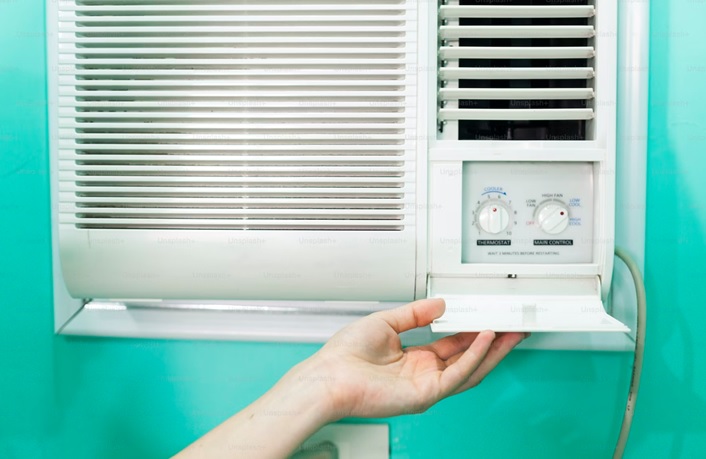Smart devices are more common in American homes than ever before. Devices like smart thermostats and smart lighting can make a home more convenient, more energy-efficient, and even safer. If there is any downside to smart home technology, it is the fact that smart devices make buying and selling homes more complicated.
There is little doubt that buyers are interested in smart home technology. In fact, recent data cited by the New York Times suggest that upwards of 45% of all buyers feel smart devices are important to them. This likely means that they would prefer a home with smart features over one without.
Complications for Buyers
So, how do smart homes complicate buying and selling? Let us start with buying. A buyer viewing a smart home might assume that all the smart devices observed during the walk-through stay with the house, only to discover that the previous owner took some of the devices upon moving out. Does the new owner have any recourse? And if so, is it worth the time and expense?
Another complication is having to go through and program all the smart devices left behind, potentially without the help of user guides. This is a very real issue when smart sellers know enough to wipe their devices clean before moving out. They do not want to leave any personal identifying information behind. They also don’t want to leave smart devices connected to their online accounts for obvious reasons.
Complications for Sellers
Sellers arguably have a more challenging time with smart devices they intend to leave behind. As previously mentioned, they don’t want any of those devices connected with their online accounts. They do not want the devices to reveal any personal information.
The popular Ring doorbell illustrates this point perfectly. A homeowner might be inclined to leave a doorbell behind after selling simply because his new house also has a video doorbell. The doorbell on his old house needs to be disconnected from his account so that the new owner must start fresh.
A homeowner may have additional complications if he has a professionally installed security and home automation system from a company like Vivint Smart Home. Does he own all that equipment or is it just rented? What are his obligations to the security company? Can he take all his equipment with him?
It would be the homeowner’s responsibility to contact the service provider to get answers to those questions. Because so much of today’s technology is wireless, it is entirely possible a homeowner could take everything with him when he moves out.
A Good Problem to Have
Although smart home devices can make buying and selling more complicated, it is a good problem to have. Smart homes are more convenient homes. They tend to be more energy-efficient and, when security devices are included, safer as well. These are all good things. They are also things that buyers want.
Right now, smart homes are still relatively new on the resale market. What we are seeing now is similar to what the market saw back in the early 1980s when home security first took off. The biggest differences today are wireless technology and smart home devices being integrated with security devices.
It will take some time, but the market will eventually sort itself out. Things won’t be nearly as complicated a decade from now because everyone will know what to expect. Until then though, buyers and sellers need to account for smart home technologies in their transactions. Doing it right requires thinking things through so that all the T’s are crossed and I’s dotted.











Comments